Kilian Jornet is a man on a mission. The icon of the running world recently launched the Outdoor Friendly Pledge, designed to bring the pressing issue of sustainability within the outdoor sports industry front and centre. From corporate juggernauts to individual athletes, the pledge calls on everyone involved to take action to help tackle the growing environmental crisis and gives them the steps they can take to achieve this.
As the UK's first 360 degree sustainable running brand, it's a shared goal that sits close to our hearts. Earlier this week, the Tribe Sports team were thrilled to have the opportunity to talk personally with Kilian about his ideas behind the pledge, his thoughts on sustainable running and his hopes for an environmentally focussed future.
‘By now, everyone knows that we need to be more sustainable,’ says Kilian, with a hint of a smile: ‘We know we need to reduce emissions, to stop pouring plastic into our oceans, to reduce how much waste we produce - but these can seem like such wide ranging, long-term goals, that ultimately they become overwhelming. The idea behind the Outdoor Friendly Pledge was to create a resource to help people identify concrete measures that they can incorporate into their daily lives, that will ultimately help us to achieve these bigger goals.’
Keen to emphasise that the pledge is grounded in support, community and inclusivity, he continues: ‘I want it to inspire others. It’s not meant to be a way of saying you’re better than someone else or point scoring - it’s a way for people to find simple, sustainable solutions that they can apply to their everyday lives.’
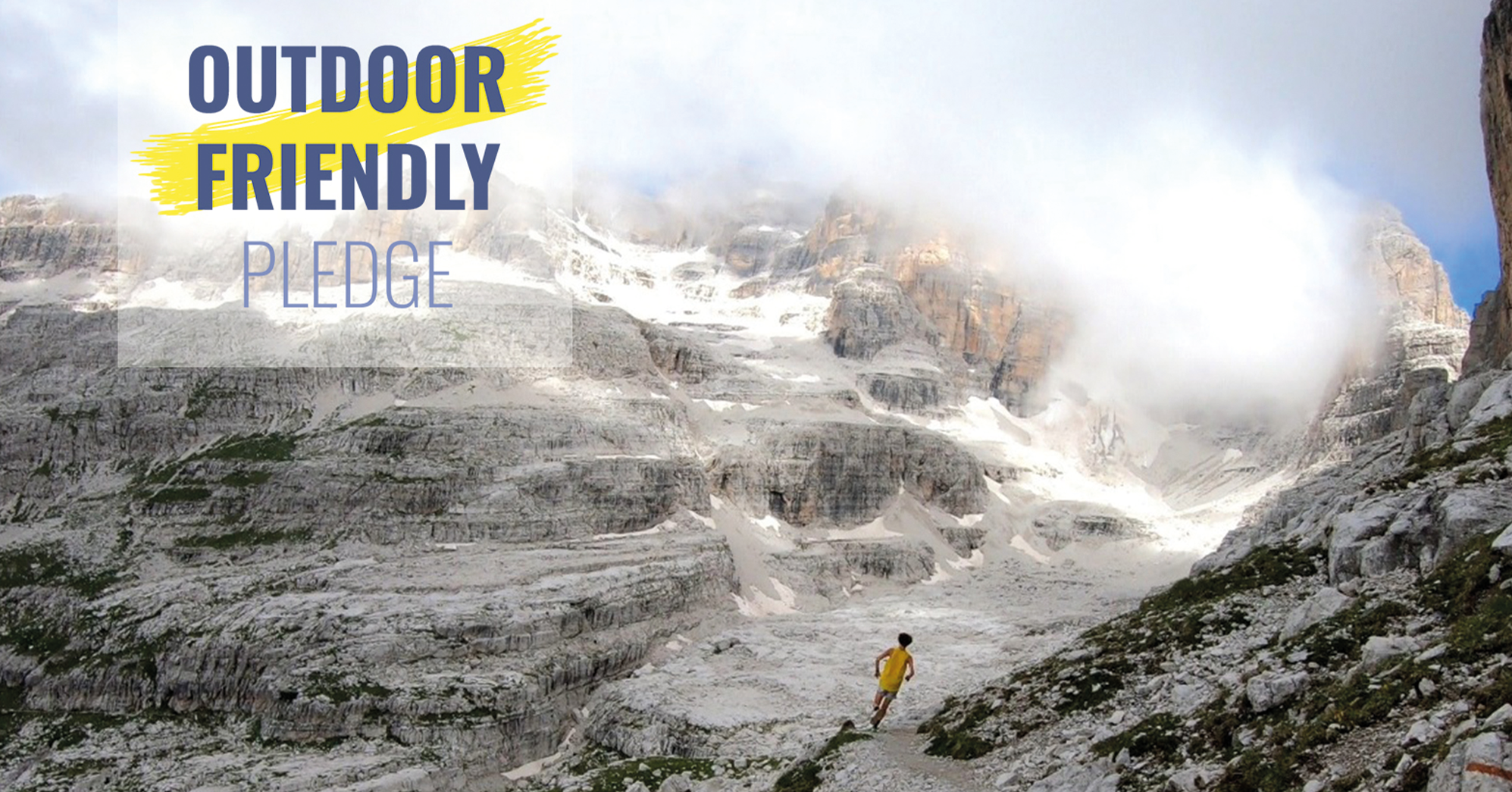
Having grown up in the rugged mountains of the Spanish Pyrenees, sustainability is an issue he has been passionate about from a very young age. ‘It’s always been a huge part of my life,’ he says: ‘My family were very environmentally conscious when I was growing up and that had a big impact on the person I am today.’
Reflecting on his own remarkable career that has seen him become arguably one of the greatest ultra runners the world has ever seen, he explains how his passion for the environment has increasingly influenced the decisions he makes as an athlete. ‘For me, being a sustainable runner means looking more closely at the footprint I leave behind - which mostly comes from my travelling,’ he explains: ‘I used to travel just because I could, it was just the norm. Now I try to make sure when I'm travelling, that it's to focus on projects or races that I feel are personally very meaningful.’
‘Instead of choosing to fly to another country to run a race that I know will just be used as a training exercise, I try and find something I can do closer to home to serve the same purpose for me as a runner, but without the environmental impact. It’s about trying to make something that is currently the norm more of an exception - and it’s certainly been the biggest change for me personally.’
So why is now such a crucial moment for people to start taking sustainability more seriously? He pauses for a brief moment, pondering his answer, before laughing: ‘Well, really it would have been better if we’d done this in the 1900s right? Maybe then we wouldn’t be where we are now!’ Joking aside, he continues: ‘The true fact is, we are late in tackling this. It’s not like we haven’t had many, many warnings over the years or been unaware that this is happening - and frankly, we can’t afford to keep putting it off.’
Emboldened by the changes he is seeing starting to happen across the industry, he agrees we have reached a pivotal moment where we must lean into what is emerging as a shift in attitudes across society. ‘It’s a conversation that is already on the table and a concern that is shared globally,’ he says: ‘Now is the time to convince people that this is the way forward for us - to really try and accelerate that momentum.’

When it comes to making more sustainable decisions in everyday life, Kilian has some suggestions specifically for runners. ‘As runners, we really need to consider what impact our sport has on the environment. For example, if you are running in an area that is protected, make sure you’re aware of the recommendations for running responsibly in that area. Be aware of the different ecosystems you encounter and adjust your run accordingly. It’s also important to consider how you’re getting to the locations you run in - car share or use public transport where you can, or if you can include getting to the location as part of your run, even better.’
Alongside the changes we can make on our run, Kilian stresses the decisions we make when we're not hitting the trails can be just as impactful. 'As consumers, we need to ensure we are spending our money with businesses that are driving that positive change,' he says: 'It's about looking at what industries those brands support and making smarter choices about what we purchase and where from.'
As we wrap up our conversation, Kilian pauses as he considers his hopes for the pledge and for the future of the outdoor sports industry. ‘Ultimately, the end goal of the pledge is to raise awareness about the problem - we want to be part of the solution and encourage people to take action,’ he says: ‘We want to help people make informed choices.’
He continues: ‘Right now, these issues can be very polarising - you’re either an environmentalist who does everything perfectly or you’re a terrible person. It’s very black and white, when actually most of us fall somewhere in between. For me, any action is better than no action at all. Even just eating slightly less meat, or taking one less flight a year - slowly but surely, these small actions will start to grow into something bigger.’

To learn more about the Outdoor Friendly Pledge, get involved or to take the pledge yourself, visit outdoorfriendly.org.


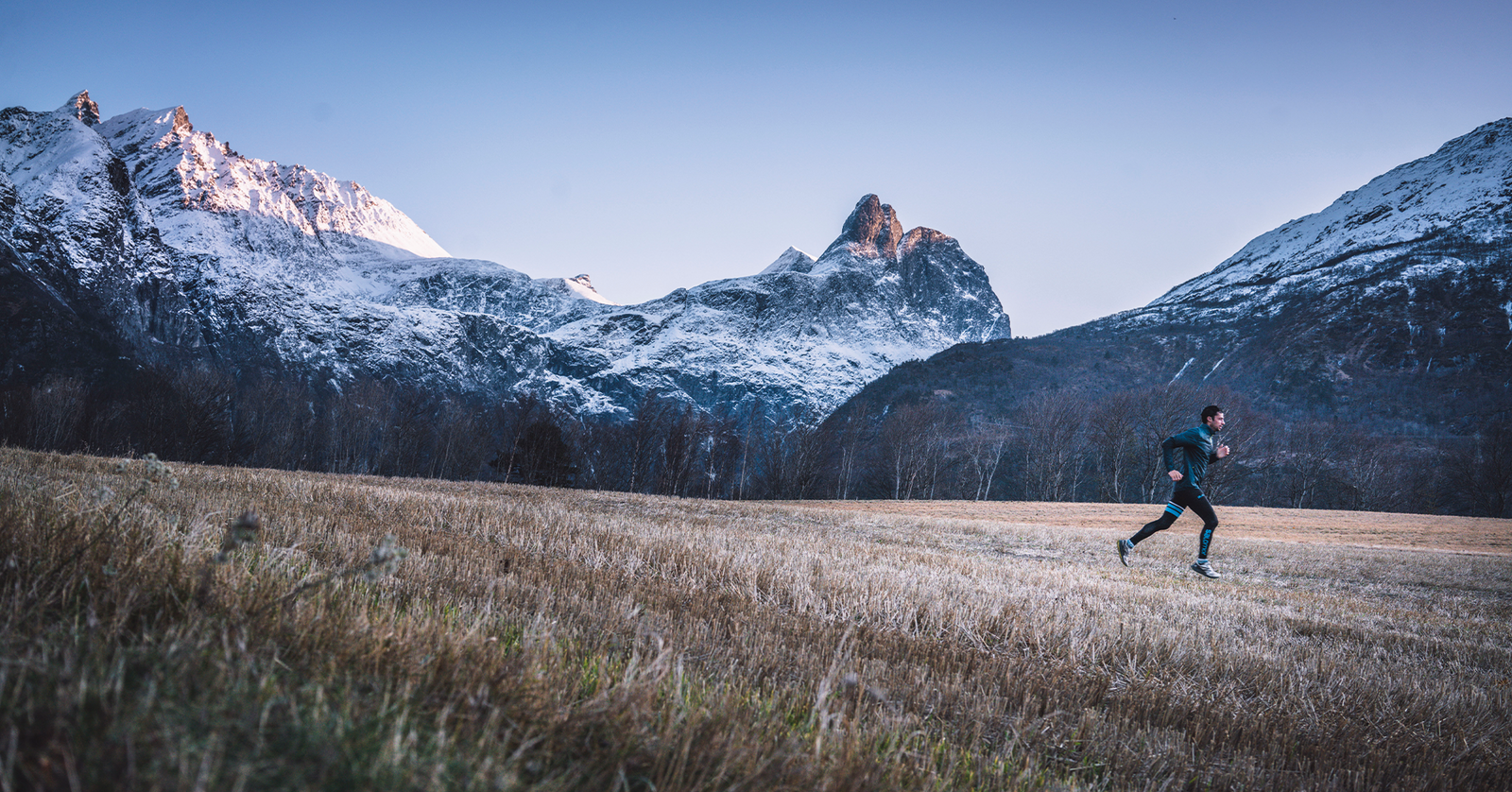
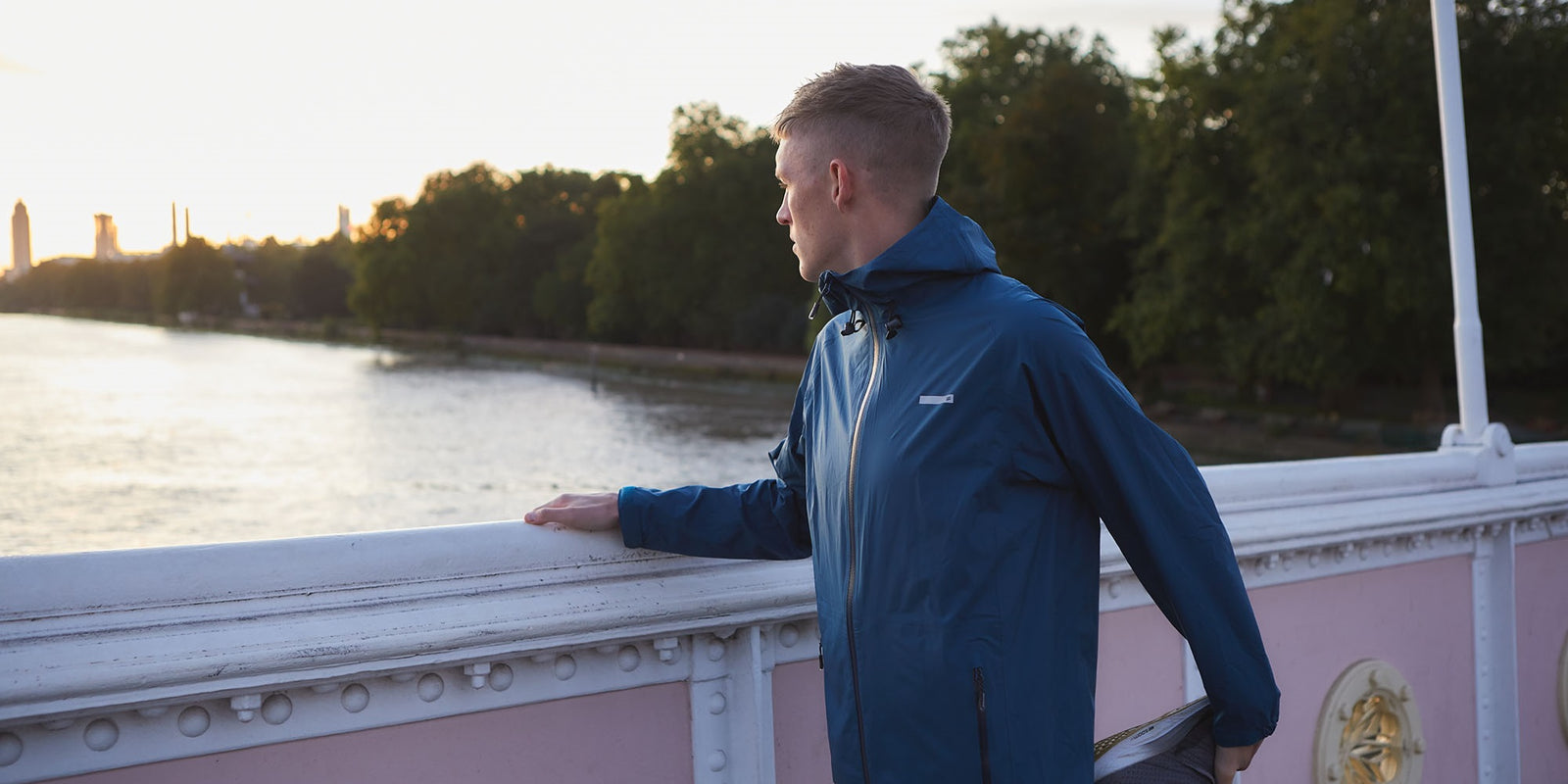
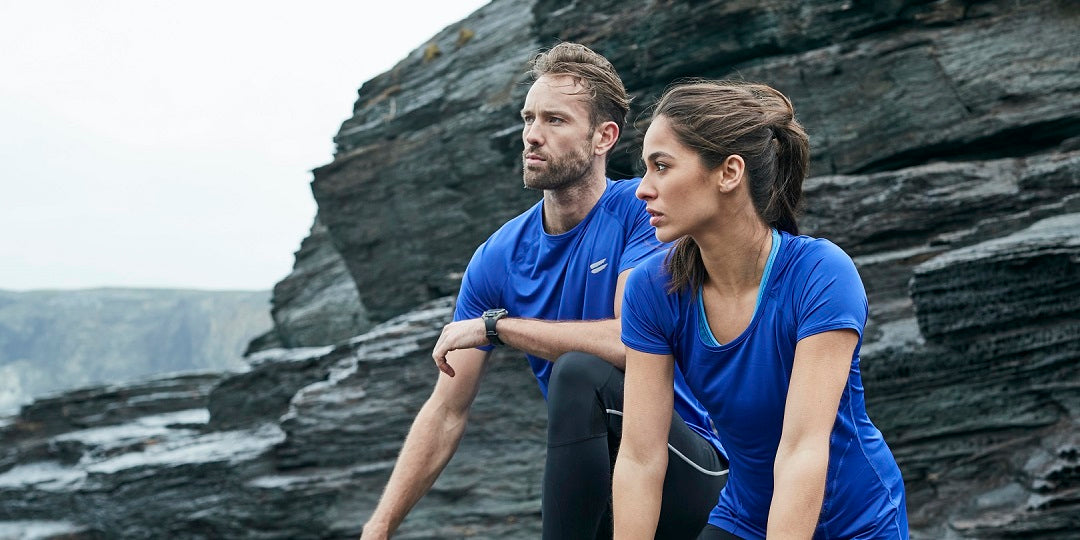
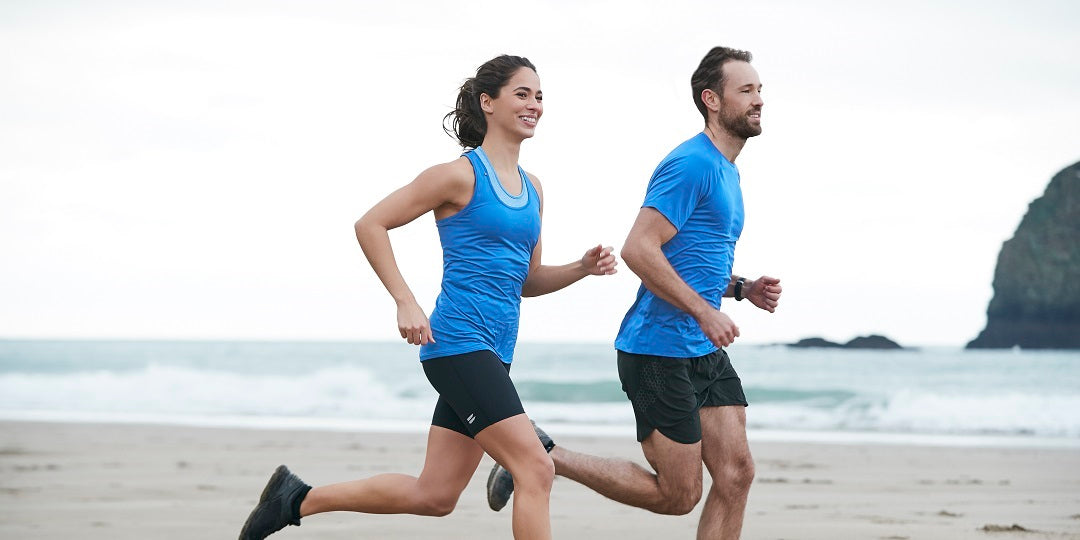
Jonathan O'Hanlon
November 17, 2020
Great article and inspiring ambassador and example for what we all need to be doing.
Yes, there are many brilliant initiatives underway to try and fix the problems and damage that we have created (like The Earthshot Prize), but for me far more important than these is to change people’s thinking and behaviour so that this never happens again, and that we leave the world a far better place for those who will live here after us.